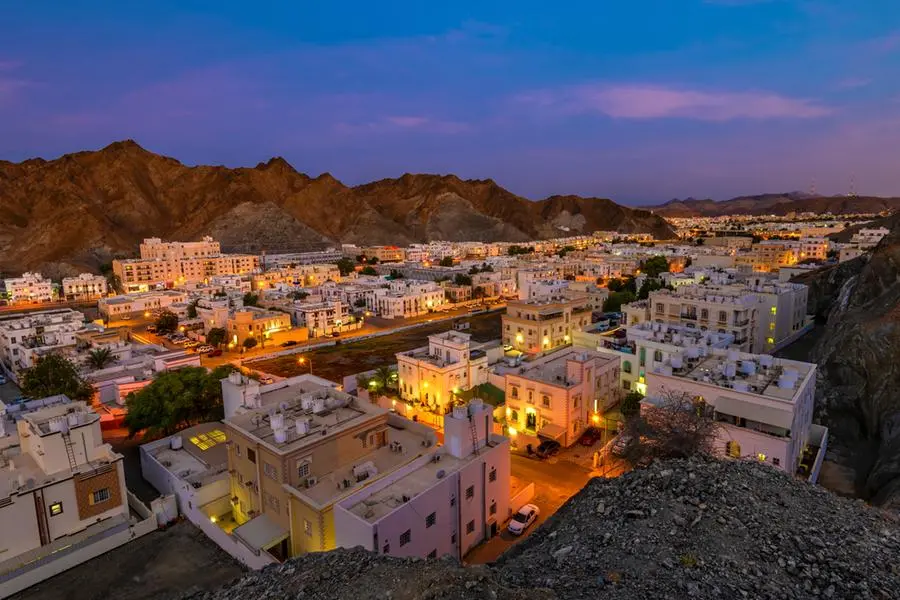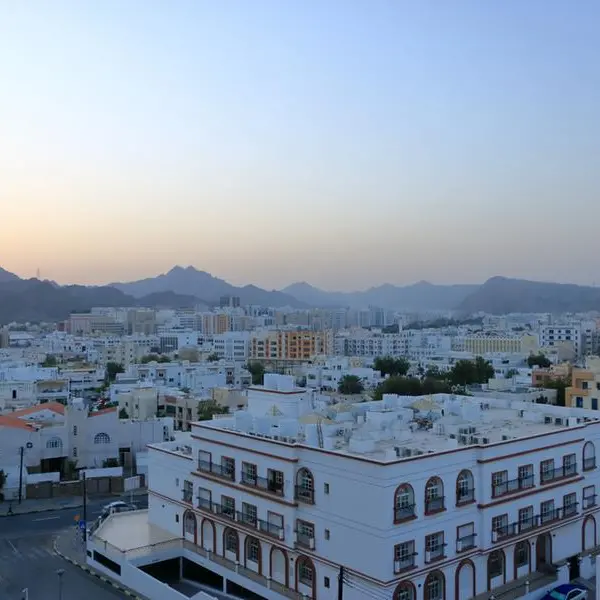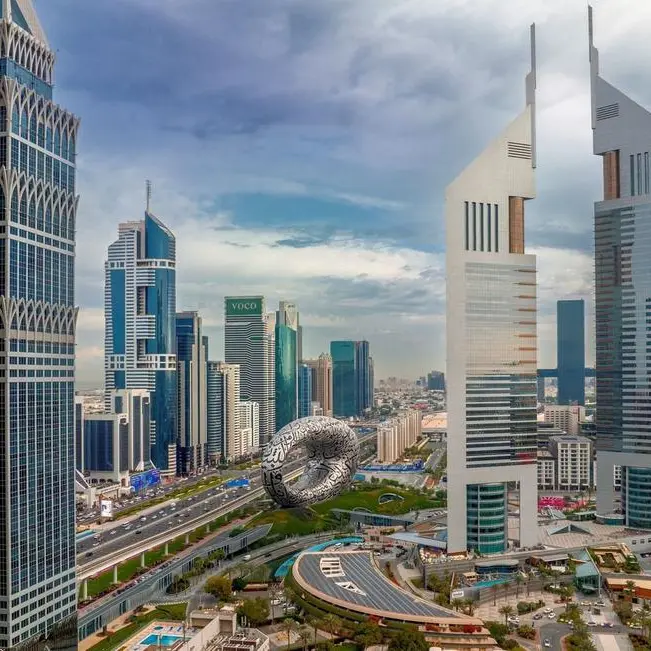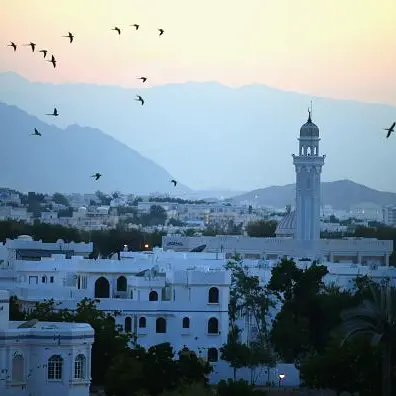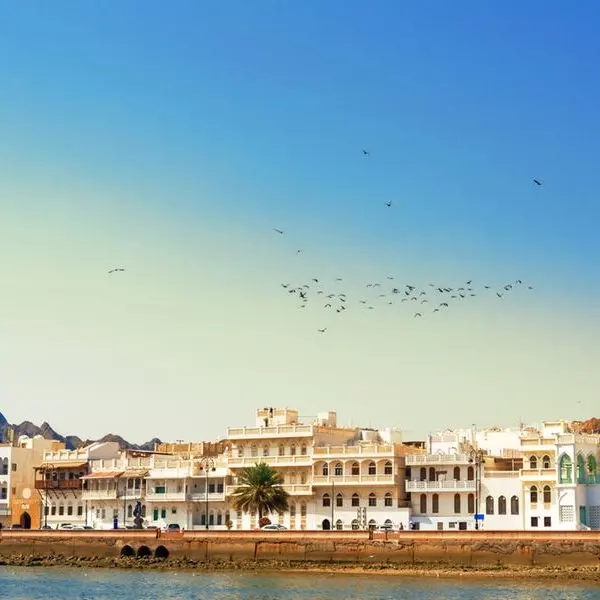PHOTO
MUSCAT - “Oman’s gas is a national asset — and we manage it with that responsibility in mind,” said Abdulrahman al Yahyaei, CEO of Integrated Gas Company (IGC), as he outlined the company’s strategy to ensure natural gas drives both industrial growth and the country’s clean energy transition.
At the heart of IGC’s approach is a clear principle: domestic needs come first. “In our model, local demand — especially for power generation and key industries — takes priority. Only after meeting those requirements do we allocate any surplus for export,” said Al Yahyaei in an interview with Observer. “This is how we protect economic stability while remaining active in the global LNG market.”
IGC manages more than 44 billion cubic metres (bcm) of gas annually and plays a critical role in balancing the needs of over 140 domestic consumers with export flows via Oman LNG. With the Sultanate of Oman exporting 11.4 million tonnes of LNG in 2024, IGC’s role in ensuring that this export growth does not compromise national needs is vital.
Al Yahyaei noted that IGC’s use of data-driven tools and real-time systems is key to achieving this balance. “We’ve introduced Oman’s first gas spot market and digital auction platform. This allows us to respond rapidly to changes in demand, whether it's an industrial shortfall or a shift in export conditions,” he said.
Another major innovation is the launch of the Gas Applications Portal — a fully digitised platform for managing gas supply requests. “This gives us visibility across the entire value chain. We evaluate requests based on economic impact, energy efficiency, and decarbonisation potential. It’s a strategic allocation, not just a supply exercise,” he added.
The company's impact extends beyond conventional gas management. IGC plays an enabling role in Oman’s long-term decarbonisation goals, including the development of green hydrogen and low-carbon industries. One example is its involvement in supporting Vulcan Green Steel in Duqm.
“Vulcan is a landmark project — and our role is to ensure it has transitional gas during its ramp-up. This allows the plant to begin operations while gradually shifting to electricity and green hydrogen. We’re creating a practical decarbonisation pathway,” said Al Yahyaei.
Abdulrahman al Yahyaei, CEO of Integrated Gas Company
IGC has embedded this mindset across its operations. “We prioritise gas allocation to industries that are serious about sustainability — whether that means hydrogen readiness, carbon capture, or electrification. These decisions shape the kind of industrial base Oman will have in the future,” he explained.
In parallel, IGC is facilitating the development of Oman’s fourth LNG train, aiming to expand liquefaction capacity to 15 million tonnes annually by 2030. But this expansion, Al Yahyaei stressed, is not being pursued at the expense of local development.
“We’ve made it clear that gas for the fourth train will come from new upstream volumes. It’s not a reallocation; it’s an expansion with safeguards,” he said.
Since its establishment in December 2022, IGC has moved quickly to centralise gas contracting, unify allocation policies, and shift the sector toward transparency and responsiveness. But the transformation has not been without its challenges.
“Integrating different legacy systems and moving from a regulatory to a commercial model required a deep institutional shift,” Al Yahyaei admitted. “But we’ve built the foundation. Now, we’re focused on refining the system and scaling clean energy support.”
Ultimately, IGC aims to evolve from a conventional gas aggregator into a platform for managing clean molecules and enabling low-carbon industrial growth.
“Our long-term vision is clear,” Al Yahyaei concluded. “We want to ensure that every molecule of gas we manage drives national value — whether through job creation, industrial competitiveness, or climate resilience.”
As Oman charts a path toward Net Zero by 2050, IGC is positioning itself not only as a distributor of energy, but as a strategic force shaping the future of the country’s economy and environmental footprint.
2022 © All right reserved for Oman Establishment for Press, Publication and Advertising (OEPPA) Provided by SyndiGate Media Inc. (Syndigate.info).
